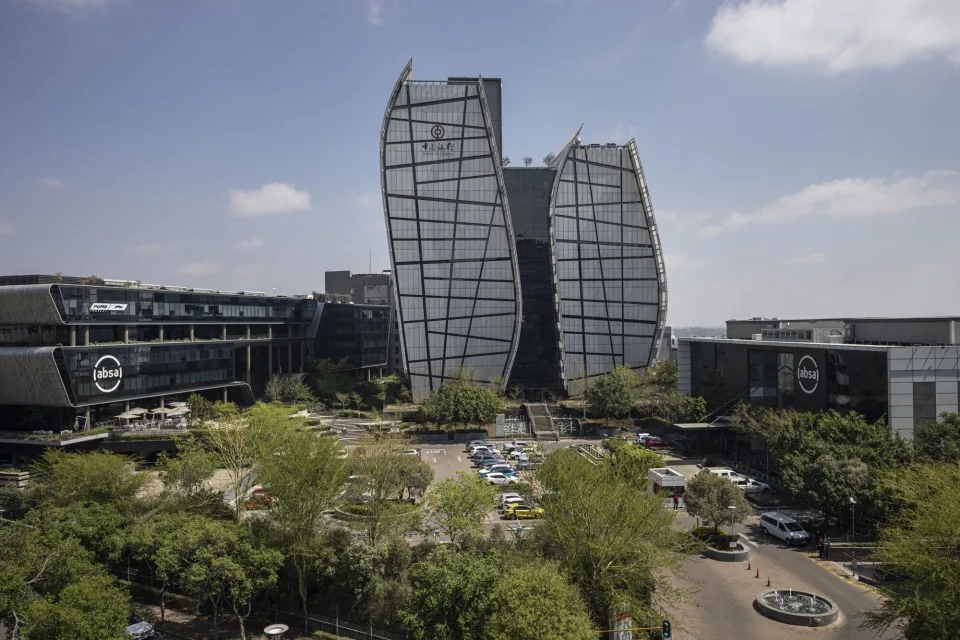Reserves of high-grade nickel ore in top producer Indonesia may be depleted in around six years, a miners’ association has warned, risking shortages of the material used to make stainless steel.
Indonesia’s high-grade 1.7% nickel ore is mainly used for the country’s nickel pig iron (NPI) production, a feedstock for stainless steel, while lower grade is used to make products for the electric vehicles batteries.
“The government needs to make comprehensive control efforts for the resilience of nickel reserves, so that it can sustain the downstream strategy and increase added value,” Meidy Katrin Lengkey, secretary general at the Indonesian Nickel Miners Association, said in a presentation, a copy of which was seen by Reuters.
The presentation was at a meeting of the International Nickel Study Group, an industry body, in Lisbon on Oct. 2.
Nickel mining and smelting has become a major part of Indonesia’s economy, with billions of dollars in global investment flowing into the country after the government banned exports of unprocessed ore in 2020.
The lifespan of any given mineral ore’s reserves is typically an estimate, as new exploration can increase their size while new technology can boost retrieval rates.
One solution for Indonesia would be to promote domestic processing of lower-grade nickel ore, which could last for 80 years, Lengkey told Reuters, adding that there were unexplored areas in Indonesia which could also yield further reserves.
Indonesia considered taxing exports of NPI products to encourage development of its battery industry in 2021. However, the plan has been delayed while the country works on creating a nickel price index.
The country is on track to mine more than half of the world’s nickel and produce a half of nickel intermediates in 2023, Citi said in a research this week.
“With such a huge global dependency on supply from the country there is a risk this emboldens Indonesia to exercise its dominant position to behave like a de-facto swing producer by taking actions to constrain supply,” Citi added.
“This risk increases in a lower-price environment.”
Prices for nickel on the London Metal Exchange are down 39% so far this year due to surpluses as Indonesia ramps up production.
(By Polina Devitt, Fransiska Nangoy and Mai Nguyen; Editing by David Holmes)


